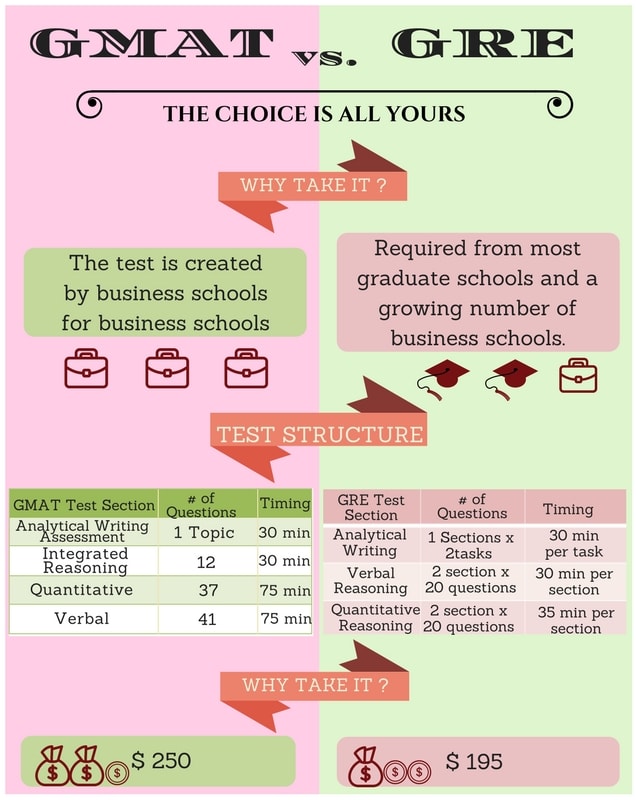A Master’s degree in Business Administration (MBA) is a qualification that can definitely come in handy for professionals who want to receive more opportunities in their careers.
It can be a way to qualify for promotions at work and increase their opportunities for professional growth. In fact, many companies require their employees to have an MBA to become eligible for certain leadership positions.
If that’s the case, then getting an MBA is absolutely worth it, right? Well, there are certain cons to obtaining one as well. For example, it can be time-consuming and takes a lot of effort, not to mention it’s often expensive, too.
So, is it really worth getting an MBA? In this article, you’ll discover everything you need to know about getting an MBA, including if you should get one or not.
What we will cover?
Relevance of MBA
A Master’s degree in Business Administration, or MBA for short, is a post-graduate degree that deals with various business-related topics. These include communication, economics, management, accounting, and more.
Unlike most undergraduate degrees, an MBA can be completed part-time or full-time, with the former the most ideal for those who are already working at the time.
An MBA can help prepare students for higher-level positions in various institutions, not just businesses. However, many top business schools with MBA programs require their applicants to have a high GPA, around 3.5 or more.
Additionally, many schools require interested applicants to score high on the Graduate Management Admission Test or GMAT. For those taking an Executive MBA, or EMBA, having extensive work experience can be a point towards being accepted.
An MBA can open many opportunities for professionals aiming for higher-level positions later on in their careers.
Advantages of Getting An MBA
As mentioned, there are many advantages to having an MBA, especially in terms of advancing your career. How so? Check out the following benefits of getting your MBA.
1. It can open up many opportunities for professional growth.
If you’re a fresh college graduate, getting an MBA immediately after graduating from college may not be high on your list of priorities. Along the same lines, if you’re already a professional with extensive work experience, you might not see the point of earning a post-grad degree.
However, one primary benefit of having an MBA is that it can help open up various opportunities for professional growth in the future. It may not be of use to you now, but later on, when your boss is considering candidates for a promotion, it can come in handy.
If a promotion is too far in the future for you, how about increasing your chances of being hired? In 2019, the hiring rate of MBA graduates was around 76%, with the numbers increasing in 2020 and 2021, despite the global pandemic.
With that said, you stand to benefit a lot from getting an MBA, particularly if you’re looking for better career opportunities later on.
2. It can increase your income.
Concerning the previous point, another benefit of getting an MBA is that it can improve your chances of increasing your income. These chances increase even more if you receive your MBA from some of the country’s top schools, like Stanford University and New York University.
For example, the highest average salary for MBA graduates from Stanford was 176,083 USD in 2020. However, this doesn’t mean that the average base salary for other graduates is low. In fact, the base salary for most MBA grads was around 91,372 USD in 2020.
So, if you want to earn more in your industry, getting an MBA can be a stepping stone to achieving this particular goal in your career.
3. It teaches you valuable work skills that employers are looking for.
There’s a reason employers often require their employees to have an MBA when considering them for higher positions in the company. This is because MBA courses will help train you and allow you to develop the skills necessary to succeed and thrive in higher-level positions.
Things like leadership, people management, and problem-solving are some of the valuable skills you can learn when getting an MBA. They’re also the skills employers will be looking for when considering employees to fill in top positions in the company.
Most MBA programs are designed in a way that will further improve your existing skillsets while also providing you with new capabilities that will prepare you for the responsibilities top-level positions entail.
4. It offers hands-on learning opportunities to help further your professional growth.
Most MBA programs, especially those in top schools, are designed so that you’re not just learning theoretical concepts in the classroom. They’re also designed to provide you with practical learning opportunities you can use for your career improvement.
Many top business schools partner with companies and organizations worldwide to help their students develop the skills necessary to improve their professional growth.
Additionally, these don’t just involve projects and programs that can introduce them to established professionals in their field. Some schools also help their students get into lucrative internships or full-time positions at some of the top companies in the country.
5. It provides opportunities to build your network.
As mentioned, MBA schools often provide hands-on learning opportunities to their students where they can apply their theoretical knowledge in a real-life setting. In addition, they can also help their students get into some of the top companies in the country after graduating.
In addition, MBA programs also provide plenty of opportunities for students to build their professional network by connecting with their peers and other professionals in their field. They can meet people in the same industry who can introduce them to more career opportunities later on.
Disadvantages of Getting An MBA
Now you know the advantages of having an MBA, you might be more inclined to get your own. However, before you decide, let’s look at some of the disadvantages of getting an MBA.
1. It can be very expensive.
While it’s true that having an MBA can help you earn more in the future, it’s also true that getting an advanced degree can be very expensive. This is even more evident if you’re aiming to get into the country’s top schools. The tuition there can be very expensive, reaching hundreds of thousands per academic year.
In addition to this, tuition fees for business schools are only rising every year, so you’ll have to spend money before you can earn more. Moreover, you’ll have limited financing options when getting a post-graduate degree like an MBA.
This is particularly true if you have already availed of a student loan for your undergraduate degree, so adding another long-term commitment to that can be tricky.
2. It’s time-consuming and takes a lot of effort.
Getting an MBA degree can also be time-consuming, especially if you’re only at the beginning stages of your career. Finding the time to balance your post-grad with your work, along with other commitments in your personal life, can be incredibly challenging.
Suppose you’re unable to strike a balance among the various aspects of your life. In that case, you may find yourself dealing with far too much than you’d anticipated.
3. You don’t always get a return on investment.
As mentioned, getting an MBA requires plenty of your time, effort, and resources. Therefore, it’s definitely an investment on your part, especially if you’re paying for the program yourself. However, it’ll all be worthwhile once you get a higher-level position at your company, right?
While it’s true that an MBA can help open up various opportunities for your career, it doesn’t always give you returns on your investment.
If you come from one of the top schools in the country, you might reap the benefits earlier, but that might not be the case if you’re from lesser-known business schools.
Should You Get An MBA?
So, should you get an MBA? Considering the various advantages and disadvantages, is it really worth getting an MBA for your future career prospects? Well, it’s ultimately up to you.
An MBA degree can definitely open numerous opportunities for your professional growth, allowing you to qualify for top positions whenever there are any. It can also help you develop valuable work skills and expand your professional network.
Enrolling in an MBA program can also help you learn more about your industry, not just in a classroom setting but also in real-life scenarios. There, you can apply everything you’ve learned and also enhance your skills.
However, there’s also a matter of the expenses needed to obtain an MBA degree. While you can earn it, later on, there’s no guarantee that you’ll have a high return on investment once you have one. It can also take up a large chunk of your time and energy.
Given all these points, it’s best if you think about it carefully before making a decision. Weigh the pros and cons and decide whether getting an MBA is worth it or not. Ultimately, only you can decide this.
If you decide to get an MBA, you can check our best GMAT prep picks to get started.
Conclusion
An MBA degree can be valuable for professionals who want to improve their career opportunities further. It can help them learn the skills needed for higher positions and help them qualify for the said positions.
However, like with anything, it comes at a cost. Getting an MBA degree can be time-consuming and expensive, with no real guarantee of returns.
Nevertheless, the knowledge you gain from the program can always be applied in your work, regardless of your position.
Hopefully, this article has helped make things a bit clearer for you if you’re considering getting an MBA degree.

![Magoosh GMAT Review & Discounts [2025] - Is it worth your time and money? Magoosh125](https://digitalvaults.org/wp-content/uploads/2019/06/Magoosh125.png)
![Best GMAT Prep Courses [2024] - Which One Should You Pick? Best GMAT Prep Courses [2024] - Which One Should You Pick?](https://digitalvaults.org/wp-content/uploads/2020/05/D222-300x70.png)


Review Summary
User Reviews
There are no reviews yet. Be the first one to write one.
Share Your Experience